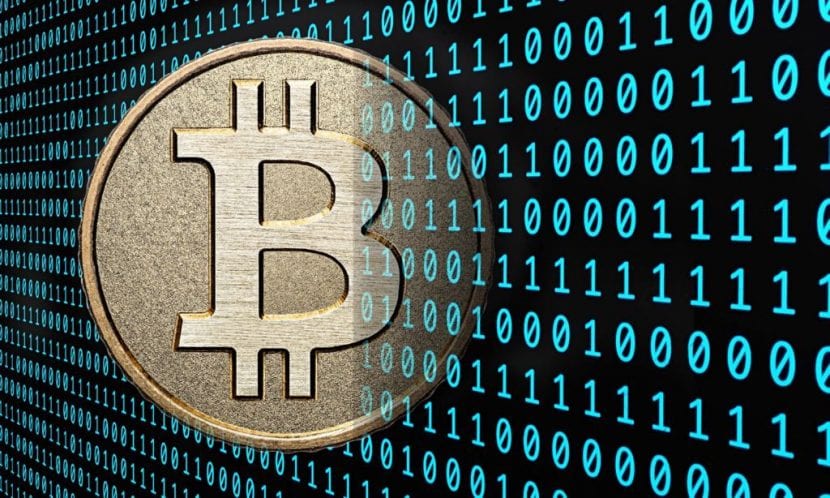Cryptocurrency is undoubtedly changing the world, especially in developing countries. The decentralisation of cryptocurrencies is critical in how they can change the world. As a result, individuals in nations with unstable financial systems might utilise cryptocurrencies as a practical tool for international trade to guarantee economic equality.
In late 2022, India decided to utilise the G20, which is crucial in developing policies for the coordination and management of global finance and economics. This is to create a regulated tech-driven framework for cryptocurrencies.
A Positive Yet Contradictory Move
Investors have a general idea of what to expect when trading equities. Stocks are subject to a lot of regulation, which shields investors from risk and fraud. Government rules have not yet been implemented regarding cryptocurrency. As a result, the crypto markets are riskier than the stock market since they are less specific.
The lack of federal regulation has been advantageous for a few investors. Despite, or possibly because of, the uncontrolled structure of the industry, early cryptocurrency investors made money in the prior ten years. This was partly because these early investors appeared to find the lack of rules a solid motivator to participate. Many of these investors believed that cryptocurrencies would eventually be a core part of global finance.
Regulation has been something discussed in several countries, but none made a move like India in an attempt to do this.
Industry leaders have varying opinions on Indian Finance Minister Nirmala Sitharaman’s plans to work on a technology-driven regulatory framework for cryptocurrencies within the auspices of the G20.
According to media reports, Sitharaman spoke with reporters about cryptocurrency laws during the FMCBG conference of the IMF, World Bank, and G20 in Washington.
What exactly does this mean? As India prepares to assume the G20 presidency on December 1 2022 for a year, it will endeavour to develop a worldwide, tech-driven legal framework for cryptocurrencies.
The Minister of Finance, Nirmala Sitharaman, held that “during our engagements, we heard that already institutions which are associated with the G20 or the World Bank or any other, are doing their assessment and studies of matters related to cryptocurrencies or crypto assets,”
The Indian finance minister’s approach to supporting the technology but not the underlying economics, according to Ajit Khurana, founder of Singapore-based Ven3 venture capital firm Reflexical Pte, is paradoxical.
“Even if it is a technology-driven regulatory framework, sooner or later, all governments will have to take a clear stance on digital assets,” Khurana explained.
Mixed Reactions To The Tech-Drive Framework
Co-founder of the India Blockchain Forum Sarat Chandra said Sitharaman’s remark that technological advancements shouldn’t put regulations at a disadvantage has “sent a favourable message to builders and entrepreneurs in the crypto-tech area. For the fintech sector, this is a considerable breakthrough”, according to India’s Outlook.
Digital assets have long been viewed with suspicion by the Indian government, which has gone so far as to impose a flat tax of 30% on all cryptocurrency income and a 1% tax deducted at source on all transactions exceeding 10,000 Indian rupees (US$121), with no provision for offsetting losses with gains from other sources, as held by Bitcoin 360 AI.
Several G20 members have expressed concern about the “significant” examples of money laundering connected to cryptocurrency and the trading of crypto assets, according to Sitharaman.
However, the South Asian country recognised blockchain technology’s promise. Sitharaman stated last month that she anticipates a 46% increase in the use of blockchain technology over the following several years.
The CEO of Web3 analytics company GoSats, Mohamed Roshan, stated that technology-driven cryptocurrency regulation is now a real option. “With the cryptocurrency industry and its stakeholders desperate to seek clarity in regulations, a comprehensive technology-driven legal framework for the country certainly looks to be on the cards at the earliest,” Roshan said.
The Indian finance minister has frequently complimented blockchain technology while simultaneously criticising its anonymity feature and the potential for cryptocurrencies to illicit fuel activity and financial instability.
He mentioned that “we don’t want technology to be disrupted.” We want the technology to continue existing so that fintech and other industries may also profit from it, he said in Washington.
The Indian District Police of Firozabad recently established one online complaint tool to ensure that complaints by crime victims are filed without manipulation, which illustrates how blockchain is being used to enhance lives and systems. The registration website has gone live.
From December 1, 2022, to November 30, 2023, India will serve as the G20’s chair. The Group of 20 addresses issues of economic cooperation and global governance, consisting of 19 nations and the European Union. Khurana commented by saying: “we want to collate all of this and do a little bit of research and then get it on the table of the G20 so members can discuss and hopefully come up with a framework or SOP so that globally, countries can have a technology – a proven regulatory framework.” We will have to keep our eyes trained on the news to see this change’s development and the possible consequences.







